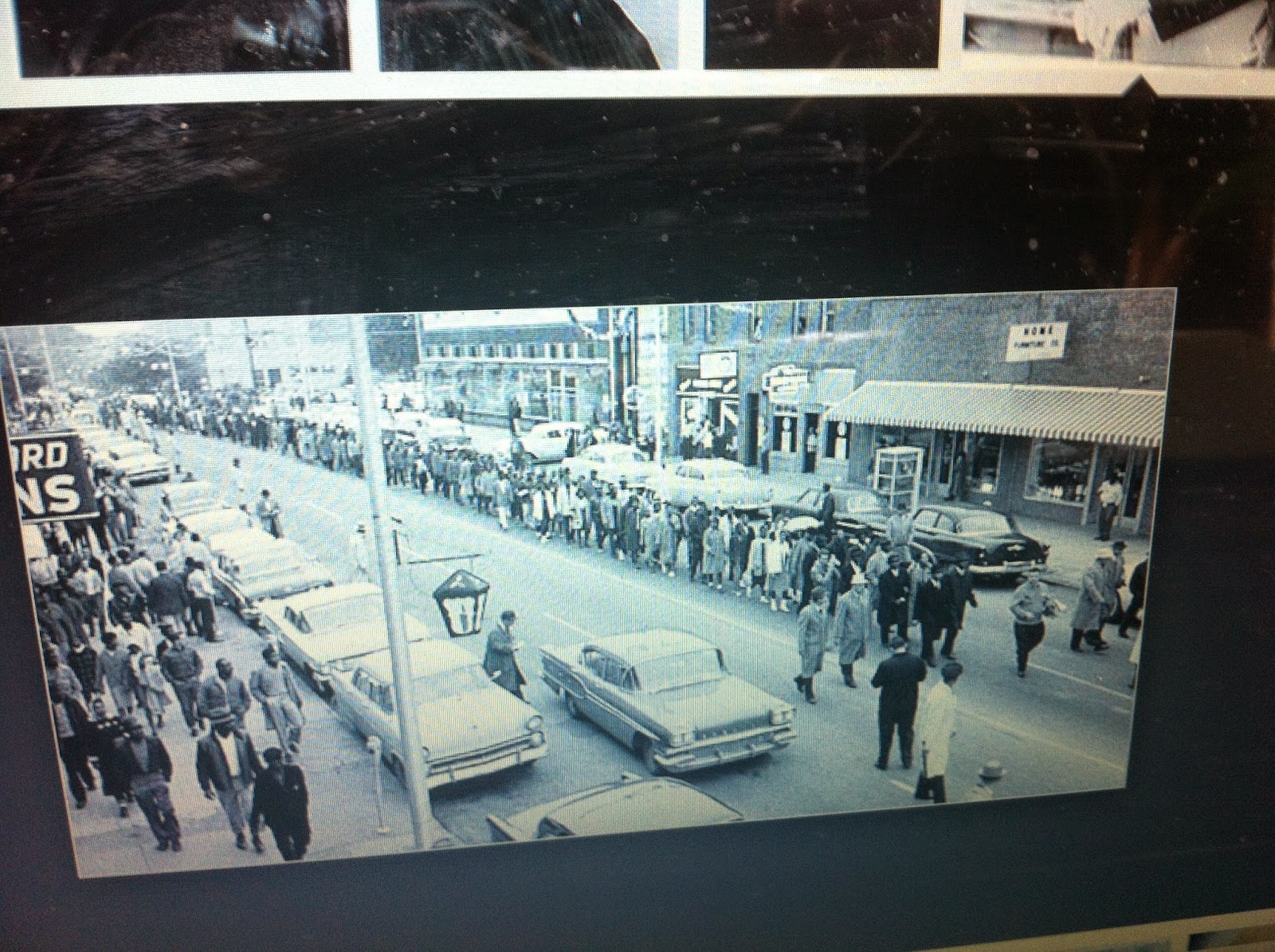BLACK SOCIAL HISTORY Constance Baker Motley (September 14, 1921 – September 28, 2005) was an African-American civil rights activist, lawyer, judge, state senator, and Borough President of Manhattan, New York City Early life and education
She was born in New Haven, Connecticut, the ninth of twelve children. Her parents had immigrated from Nevis, in the Caribbean. With financial help from a local philanthropist, Clarence W. Blakeslee, she initially attended Fisk University, a historically black college in Nashville, Tennessee, before deciding to return north to attend integrated New York University, where she received her Bachelor of Arts Degree in 1943. Motley then obtained her law degree from Columbia University School of Law in 1946. Her legal career began as a law clerk in the fledgling NAACP Legal Defense and Educational Fund (LDF), where she worked with a distinguished group of civil rights attorneys, among them future U.S. Supreme Court Associate Justice Thurgood Marshall and prominent Jewish-American civil-rights advocate Jack Greenberg. As the Fund's first female attorney, she became Associate Counsel to the LDF, making her a lead trial attorney in a number of early and significant civil rights cases.
On September 14, 1921 Constance Baker Motley was born to West Indian parents, Rachel Huggins and McCullough Alva Baker,[1] who lived in an integrated West Indian neighborhood in New Haven, Connecticut. Her mother was a domestic worker and her father worked as a chef for different Yale University student societies, including the secret society Skull and Bones.[2] While growing up in New Haven, Baker attended the integrated public schools, but was occasionally subject to racism.[1] In two separate incidents she was denied entrance, once to a skating rink, the other to a local beach.[1] By the time Baker reached high school she had already cultivated a profound sense of racial awareness, sparking her interest to get involved with civil rights. However it was the early realization of Baker that she was a woman, a black woman born into a large family, along with the 1903? speech given at a local center. By Yale Law School graduate George Crawford, who worked as a civil rights attorney for the New Haven Branch of the NAACP, which addressed the Supreme Court ruling In the State of Missouri case Gaines v Canada that ultimately inspired Baker to attend Law School and her career in civil rights.[1] In October 1945 during Baker's second year at Columbia's Law School, Thurgood Marshall hired her as a law clerk. At this time she was assigned to work on court martial cases that were filed after World War II.[1] After graduating from Columbia's Law School in 1946, Baker was hired by the NAACP Legal Defense and Educational Fund branch as a civil rights lawyer, and married former NYU Law School graduate, and real estate broker Joel Wilson Motley Jr.[1] While working as a lawyer for the NAACP Legal Defense and Educational Fund division Baker visited churches that were fire bombed, sang freedom songs, and visited Rev. Martin Luther King while he sat in jail, as well as spending a night with civil rights activist Medgar Evers under armed guard.[2]
Civil rights work[edit]
In 1950 she wrote the original complaint in the case of Brown v. Board of Education. The first African-American woman ever to argue a case before the U.S. Supreme Court, inMeredith v. Fair she successfully won James Meredith's effort to be the first black student to attend the University of Mississippi in 1962. Motley was successful in nine of the ten cases she argued before the Supreme Court. The tenth decision, regarding jury composition, was eventually overturned in her favor. She was otherwise a key legal strategist in the civil rights movement, helping to desegregate Southern schools, buses, and lunch counters.
Political and judicial firsts[edit]
In 1964, Motley became the first African American woman elected to the New York State Senate. In 1965, she was chosen Manhattan Borough President—the first woman in that position. In 1966, President Lyndon Johnson named her a district judge for the United States District Court Southern District of New York, making her the first African American woman federal court judge, a position she held, including a term as chief judge, until her death.
Motley handed down a breakthrough decision for women in sports broadcasting in 1978, when she ruled that a female reporter must be allowed into a Major League Baseballlocker room.[3]
Honors[edit]
In 1993, she was inducted into National Women's Hall of Fame. In 2001, President Bill Clinton awarded her the Presidential Citizens Medal. The NAACP awarded her the Spingarn Medal, the organization's highest honor, in 2003. Motley was a prominent honorary member of Alpha Kappa Alpha sorority.
Later life[edit]
Motley died of congestive heart failure on September 28, 2005 at NYU Downtown Hospital in New York City.[4] Her funeral was held at Saint Luke's Episcopal Church in New Haven,Connecticut where she was married years earlier.
Legacy[edit]
An award-winning biographical documentary, Justice is a Black Woman: The Life and Work of Constance Baker Motley, was first broadcast on Connecticut Public Television in 2012.













































































































































No comments:
Post a Comment